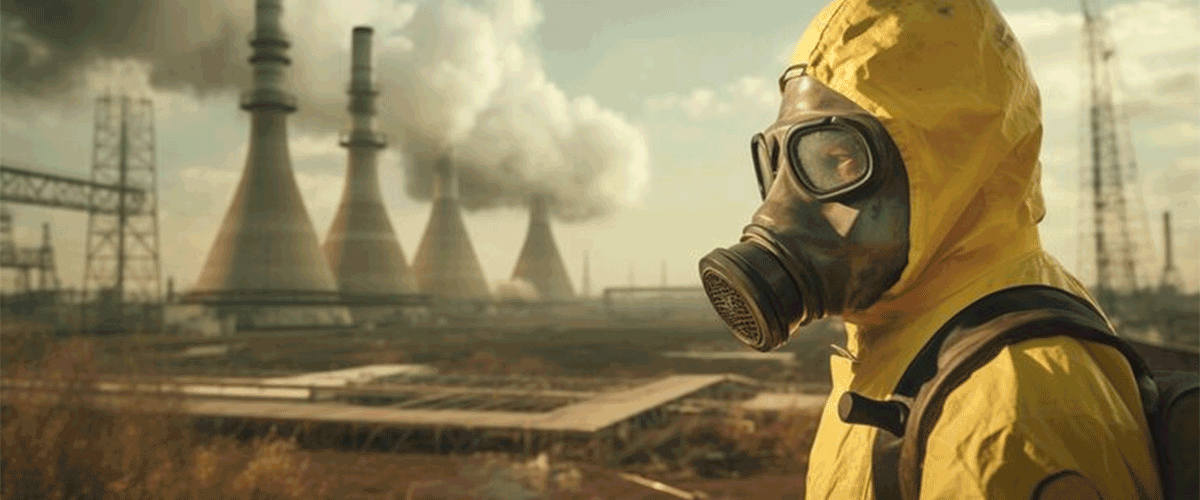(An Autonomous Body Recognized by Ministry of Commerce & Industry, Government of India)
Competency based placement focussed Education | Training | Research | Consultancy

Toxic Chemical Detected in U.S. Air Raises Environmental Concerns
For the first time, researchers have detected medium-chain chlorinated paraffins (MCCPs) in the U.S. atmosphere, particularly over farmlands in Oklahoma. These industrial chemicals, used as flame retardants and plasticizers, are toxic to aquatic life and may pose health risks to humans.
The University of Colorado Boulder team suggests that MCCPs likely entered the air through biosolid fertilizers—treated sewage commonly spread on fields. This highlights a concerning pollution pathway, where chemicals applied to soil re-enter the environment via air.
Similar to already restricted short-chain paraffins, MCCPs are persistent and can travel long distances, accumulating in ecosystems and organisms. The findings call attention to the need for stricter regulation of biosolid use and better monitoring of airborne pollutants linked to agriculture and wastewater practices.
01-07-2025
📰 Recent News
- Warming Seas and Human Pressures Threaten California’s Sea Otters
- Global Seafood Trade Spreads ‘Forever Chemicals’ Beyond Pollution Hotspots
- Former Officials Warn of Unprecedented Rollback at US Environmental Agency
- US Policy Shift Intensifies Bayer’s Roundup Legal Battle
- European Parliament requests EFSA review on microplastics in food, water, and air
- Study Links PFAS-Contaminated Water to Severe Infant Health Risks
- Washington Program Targets Safe Disposal of PFAS Firefighting Foam
- EU Pesticide Review Proposal Sparks Backlash from Environmental Groups
- Nature Sustainability Showcases Safer Bisphenol Design Approach
- Chemical Pollution Linked to Rising Men’s Health Risks in Europe, Report Warns
